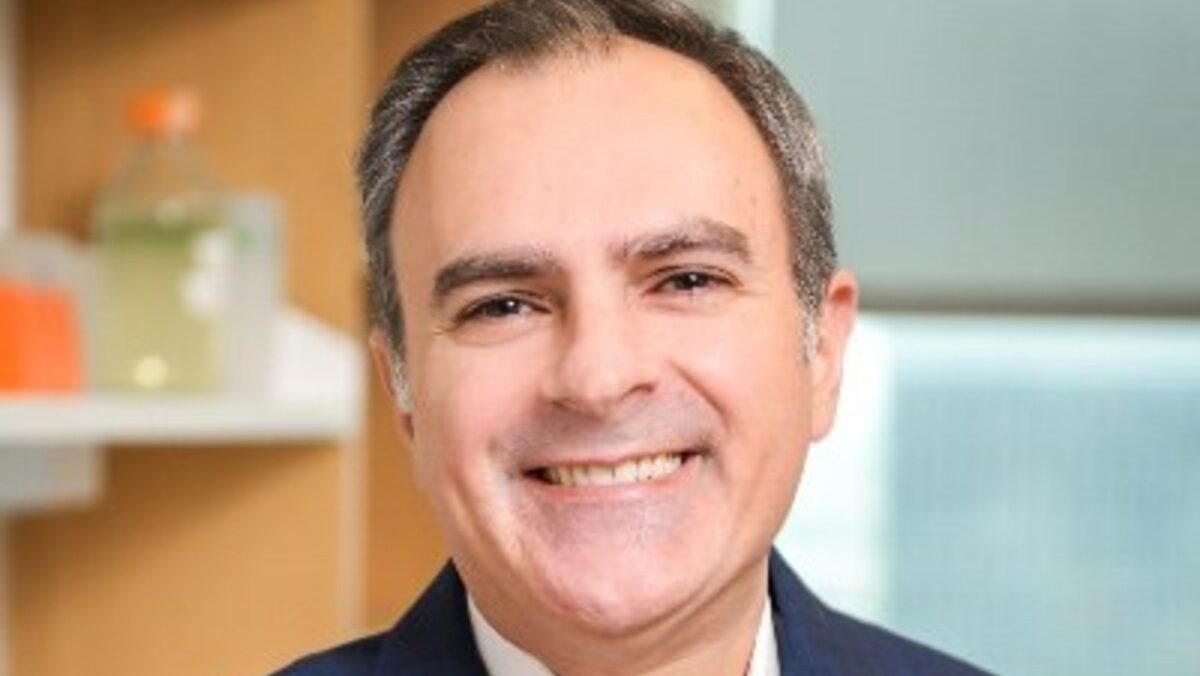
Ralph DeBerardinis: A new paper from Zheng Wu on Cell Metabolism
Ralph DeBerardinis shared a post on X:
“Sharing a new Cell Metabolism paper from Zheng Wu, showing that cancer cells need purine salvage to grow during ETC inhibition. This allows them to tolerate suppression of de novo purine synthesis, which requires the ETC.
Zheng started by comparing fibroblast metabolomics between patients with and without mitochondrial diseases. Purine metabolism was the most consistently perturbed pathway in cells of patients with these diseases.
He then modeled ETC deficiency with drugs and knockouts and again observed a prominent alteration of purines. Isotope tracing revealed a shift in the source of purines from de novo synthesis to salvage.
The block in de novo synthesis makes sense given the role of the ETC in producing aspartate and folates to supply this pathway.
Salvage was activated through enhanced production 5-PRPP, which arises from the pentose phosphate pathway and is a substrate of the salvage enzyme HPRT1.
In cultured lung cancer cells, HPRT1 is dispensable unless the ETC is blocked. Combining ETC and HPRT1 inhibition essentially eliminated the growth of lung cancer xenografts in vivo.
In contrast, simply endowing lung cancer cells with an enhanced ability to take up purine bases and nucleosides is sufficient to increase xenograft growth.
Overall, the findings suggest that cells choose their mode of purine synthesis based on whether the ETC is active enough to sustain the de novo pathway. Makes sense because of the intense energy demands of the de novo pathway.
We also provide evidence from 13C-glucose infusions in lung cancer patients that tumors with the lowest apparent level of mitochondrial activity (i.e. TCA cycle labeling) have the highest expression of HPRT1.
We wonder if variable mitochondrial activity in lung tumors contributes to variable therapeutic responses to inhibitors of de novo purine synthesis.
Purine salvage is having a moment. See this recent paper from Blake Wilde and Christofk Lab revealing a key role for purine salvage in renal cancer cells with defective fumarate hydratase.
Our Children’s Research Institute at UT Southwestern colleague Gerta Hoxhaj finds that purine salvage is prominent in mouse tissues, and that access to purines is often limiting for xenograft growth in vivo.
And one more interesting paper on purine salvage from Daniel Wahl.”
Source: Ralph DeBerardinis/X
-
Challenging the Status Quo in Colorectal Cancer 2024
December 6-8, 2024
-
ESMO 2024 Congress
September 13-17, 2024
-
ASCO Annual Meeting
May 30 - June 4, 2024
-
Yvonne Award 2024
May 31, 2024
-
OncoThon 2024, Online
Feb. 15, 2024
-
Global Summit on War & Cancer 2023, Online
Dec. 14-16, 2023
